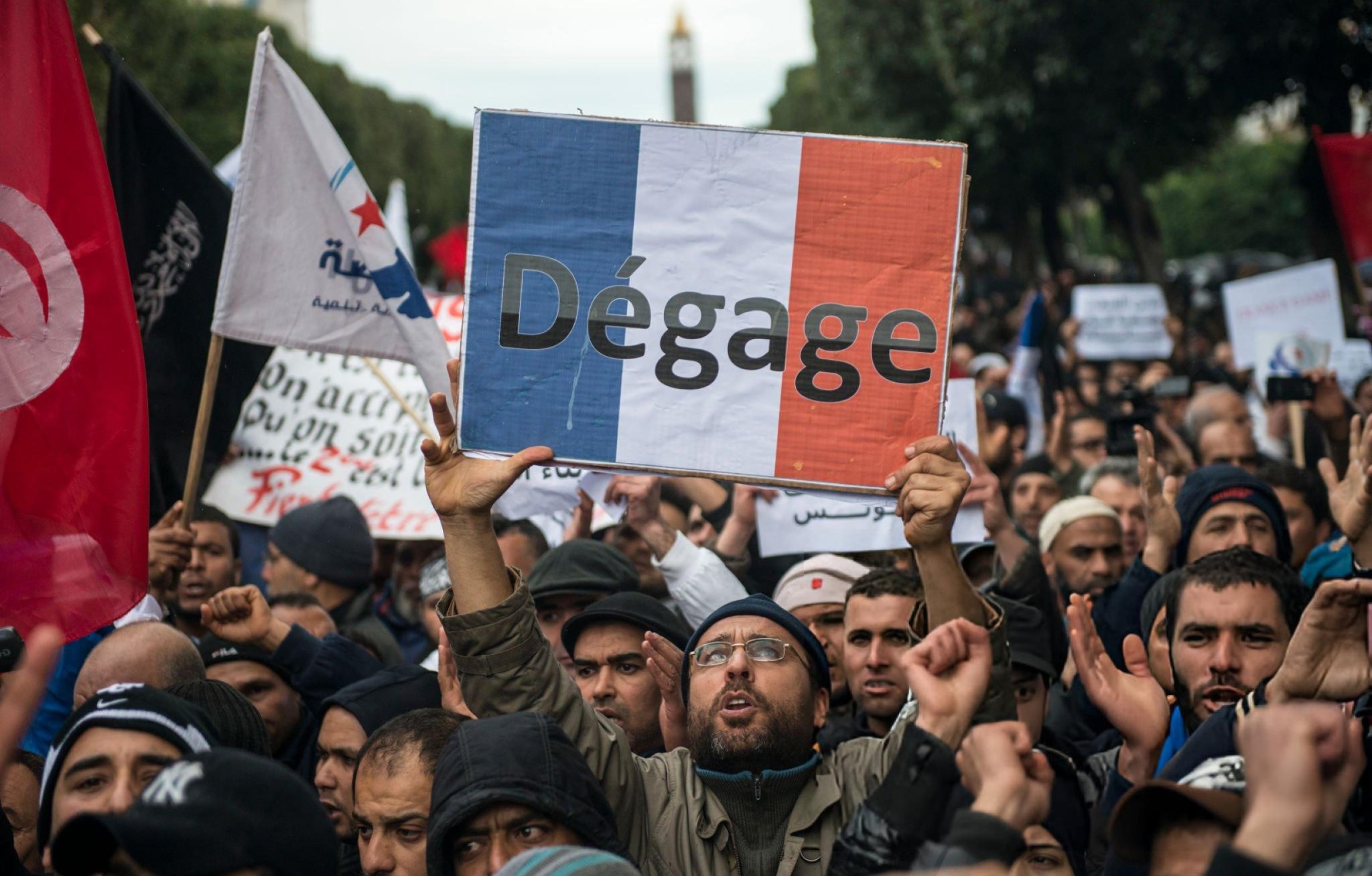Until earlier this year, Tunisia was considered a relatively secure base for civil society organisations advocating for migrants’ rights. Many of these groups had initially been established in Libya but were forced to relocate west along the North African coast due to harassment and allegations from Libyan authorities and non-state actors. Now, these organisations and the individuals behind their essential work are being driven out of Tunisia as well.
Tunisia’s deteriorating environment for migrants and their advocates is part of a broader shift in the country’s policies, heavily influenced by its partnerships with the European Union. Researchers, activists, and international observers have documented the escalating repression against migrants, human rights defenders, and journalists, prompting widespread concern over the backsliding of rights.
The roots of the crackdown
In July 2023, the European Union pledged up to €1 billion in aid to Tunisia, including €105 million earmarked for border management, under a new EU-Tunisia Memorandum of Understanding. Italian Prime Minister Giorgia Meloni also offered €50 million in direct support to Tunisia, complementing other financial packages aimed at curbing irregular migration to Italy.
This influx of funds has contributed to Tunisia’s intensified border policies, which include crackdowns on migrants and those assisting them. In May 2024, Tunisian authorities launched an “unprecedented repressive clampdown,” targeting migrants, refugees, human rights defenders, and journalists. This crackdown followed months of racialised violence against foreigners in the country, further exacerbating the plight of migrants.
Harassment and forced displacement of activists
For civil society organisations, the situation has become untenable. Several organisations have been accused of financial crimes such as “money laundering,” resulting in arrests and forced closures. Many activists have had to flee Tunisia under the threat of imprisonment or violence.
Souad, a Libyan activist working for a refugee support organisation, shared her harrowing experience. Her group, initially based in Libya, moved to Tunis several years ago after facing intimidation and attacks from non-state actors. Operating mobile clinics and meeting with European associations, they provided vital support to migrants in Tunisia and Libya.
However, as Tunisia’s policies became increasingly hostile, her organisation found itself under renewed threat. “We were operating on the ground to provide initial assistance, but the escalating intimidation and arrests made it impossible to continue,” Souad explained. As a Libyan woman advocating for migrants, she faced multiple layers of vulnerability.
The mounting pressures eventually forced Souad and her colleagues to relocate once again—this time to Europe. “The safest strategy for us as associations is to move to Europe,” she said, though she refrains from revealing her organisation’s new base for fear of further repercussions.
EU complicity in tunisia’s repression
Human rights organisations, including Amnesty International, have criticised the EU for its complicity in Tunisia’s deteriorating rights record. Critics argue that the EU’s financial support and border management agreements have emboldened Tunisian authorities to implement draconian policies, sidelining the rights of migrants and activists.
“The EU has chosen to fund border enforcement without demanding safeguards for human rights,” said a spokesperson from a leading human rights organisation. “This approach fuels repression in transit countries like Tunisia while ignoring the root causes of migration.”
The situation reflects broader European trends, where migrants and those who assist them increasingly face criminalisation. By outsourcing migration control to transit countries like Tunisia, the EU avoids direct accountability for human rights violations while perpetuating cycles of violence and displacement.
A shrinking space for advocacy
The forced displacement of migrants’ rights workers highlights the shrinking space for civil society in Tunisia. What was once a relatively safe haven for advocacy has become another hostile environment, mirroring the challenges faced in Libya.
For Souad and many like her, the decision to leave Tunisia was not taken lightly. “Our work is crucial for those who have nowhere else to turn,” she emphasised. “But when the authorities treat us as criminals, there is no choice but to find a safer place to continue.”
A call for accountability
The international community has a critical role to play in addressing this crisis. Human rights groups are urging EU leaders to prioritise human rights in their agreements with Tunisia, ensuring that aid is not used to perpetuate repression.
Meanwhile, migrants and their advocates continue to face immense challenges as they navigate hostile environments in search of safety and justice. For those forced out of Tunisia, the hope remains that their work will continue, even from a distance, to support the most vulnerable and to hold oppressive systems to account.
The crackdown in Tunisia serves as a stark reminder of the human cost of migration policies driven by fear and securitisation rather than compassion and accountability. For the migrants and the activists who stand beside them, the struggle for dignity and rights persists, despite the mounting obstacles.







